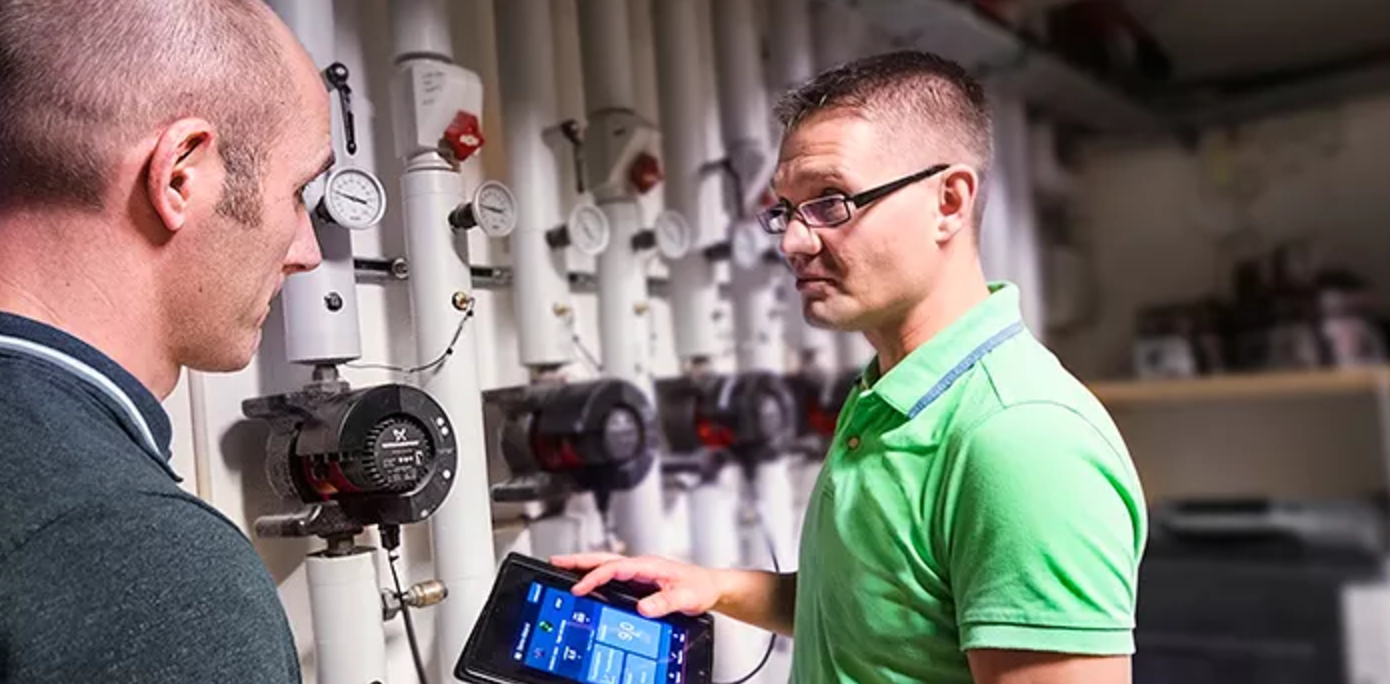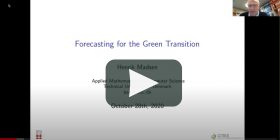Flexible power consumption requires fully automated devices
Professor Henrik Madsen from DTU Compute believes that researchers and practitioners under the CITIES-project have broken the code for how electricity companies and other actors can enable flexible consumption. In an interview with ienergi.dk, published in July 2018, Madsen talks about automation, artificial intelligence, software and big data in the cloud. In Intelligent Energy, these research results are translated into in the process of designing future net tariffs, so they reward flexible customers.
Link: Read the article on www.ienergi.dk (in Danish)

Source: ienergi.dk




